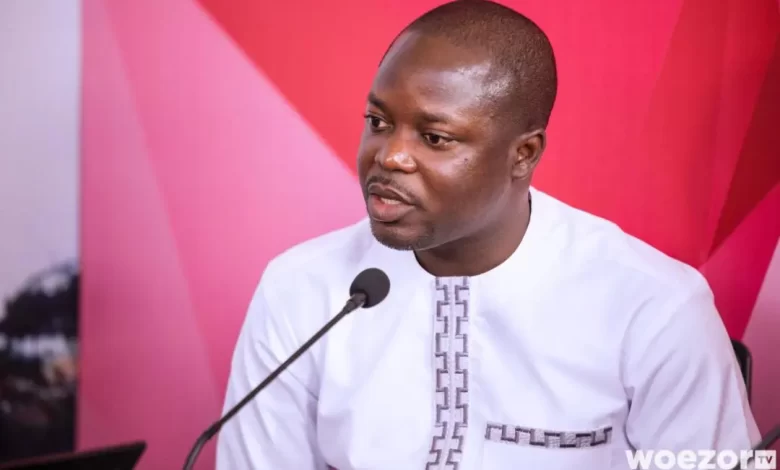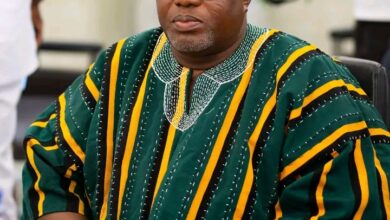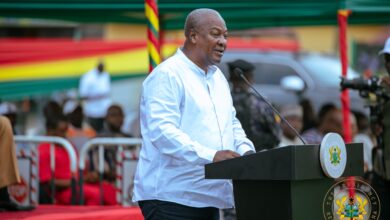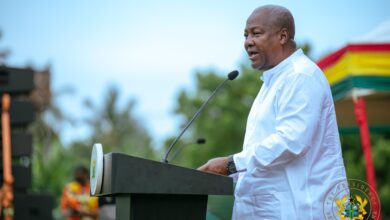
There is an urgent need for the government and key players in Ghana’s energy sector to address the pressing challenges in the downstream segment, which is currently burdened by debt and inefficiencies in power distribution.
Energy and policy analyst Benjamin Nsiah, speaking on Adekye Mu Nsem on Ahotor 92.3 FM with host Citizen Kofi Owusu, emphasized the critical state of the sector. He noted that the Ghana Grid Company (GRIDCo) must streamline its corporate and technical operations to modernize outdated equipment and service lines, thereby ensuring the efficient delivery of electricity to consumers.
Nsiah pointed out that a debt of over GHS 1 billion, largely due to illegal connections and electricity theft, is severely hampering the sector’s operations. He stressed the importance of upgrading transmission lines and replacing obsolete infrastructure to enhance service reliability.
Looking ahead, he recommended that GRIDCo provide regular updates to consumers on reserve margins and peak demand periods. According to him, such transparency would build public confidence, particularly amid frequent power fluctuations.
Nsiah also called on the government to enter into fresh negotiations with Independent Power Producers (IPPs) to devise a sustainable strategy for managing the sector’s growing debt portfolio.
In a related development, President John Mahama announced that the government aims to reduce its $2.5 billion debt owed to IPPs and gas suppliers by the end of the year. Speaking at a forum in Ivory Coast, the President acknowledged the ongoing challenges posed by arrears, despite a previous agreement to restructure $1 billion of legacy debt.
“These arrears have continued to weigh on the economy since my second term began in January,” President Mahama admitted. “But by next year, I believe our partners will be satisfied, as we expect to have addressed the debt overhang appropriately.”
He also criticized the state-owned Electricity Company of Ghana (ECG) for inefficiencies in revenue collection, citing losses of up to 40%. To improve financial performance, the President revealed plans to involve the private sector in billing operations.
“There’s significant interest from private investors, and we’re currently evaluating expressions of interest,” Mahama said. “Cabinet will soon decide whether to partner with one or multiple entities, but local participation is essential.”
Finally, the President urged companies to seize opportunities in oil and gas extraction before the global transition to renewable energy accelerates.
“Oil is in transition. Anyone with oil assets should be producing at full capacity,” he declared. “I would roll out the red carpet for anyone ready to drill and pump.”
Story by: Alexander Kukah




